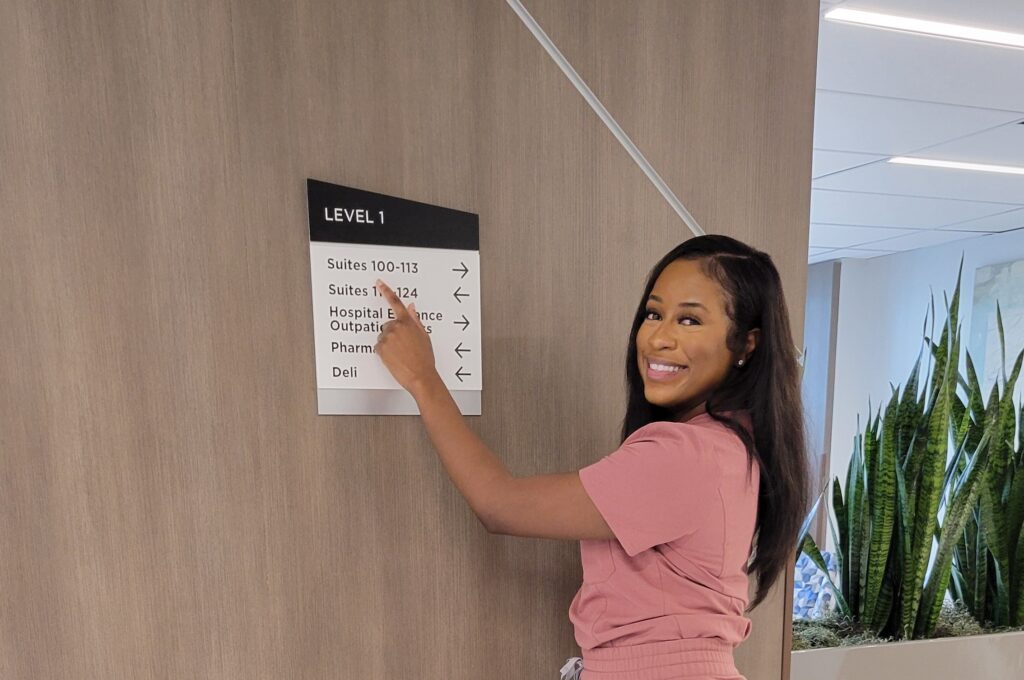Myths about urinary incontinence are a common problem
Unfortunately, even though it is extremely common and oftentimes treatable, people are too embarrassed or tolerant of the problem to seek medical attention. Learn the truth and don’t believe the myths about urinary incontinence.
Here are some myths about urinary incontinence that prevent you from getting the help you deserve from a doctor:
Myth: Only women suffer from incontinence
Both men and women experience incontinence. Oftentimes, men are less likely to report it because they accept it as a normal part of aging.
Myth: Extra trips to the bathroom at night are normal as males age
Incontinence and frequent urination are not normal parts of aging. As men age, their prostates grow. Sometimes, they can grow into or around the urethra, which causes the bladder to work harder to empty. This is why it is so common for men to have issues with urinating as they age. However, there are multiple solutions to this problem.
Myth: Drinking less water will decrease leaking
Drinking less water is rarely the solution. In fact, drinking water in moderation throughout the day is one of the best ways you can improve bladder health! Extra water in your body does not exasperate the problem of incontinence, it helps your body work as optimally as possible.
Myth: Leaking urine is a side effect for women who have had children
It is common for women to have weaker bladder muscles after giving birth, but this does not mean they will always suffer incontinence. Strengthening pelvic floor muscles through methods like Kegel exercises can be very beneficial in preventing incontinence after giving birth.
Myth: Incontinence is caused by having a “small bladder”
Your bladder’s capacity is not to blame for leakage, it is bladder weakness. This can be caused by a multitude of things: medication, infection, nerve damage, or weak muscles. It is important to remember treatment is available and incontinence can be a sign of a larger issue at hand. It is so important to be honest with your doctor!
Not only should you tell your Houston urologist if you struggle with leaking urine, but you should not be embarrassed or tolerant of this common, treatable condition!
Request an appointment at your nearest Houston Metro Urology Clinic or call (713) 351-5000.




























